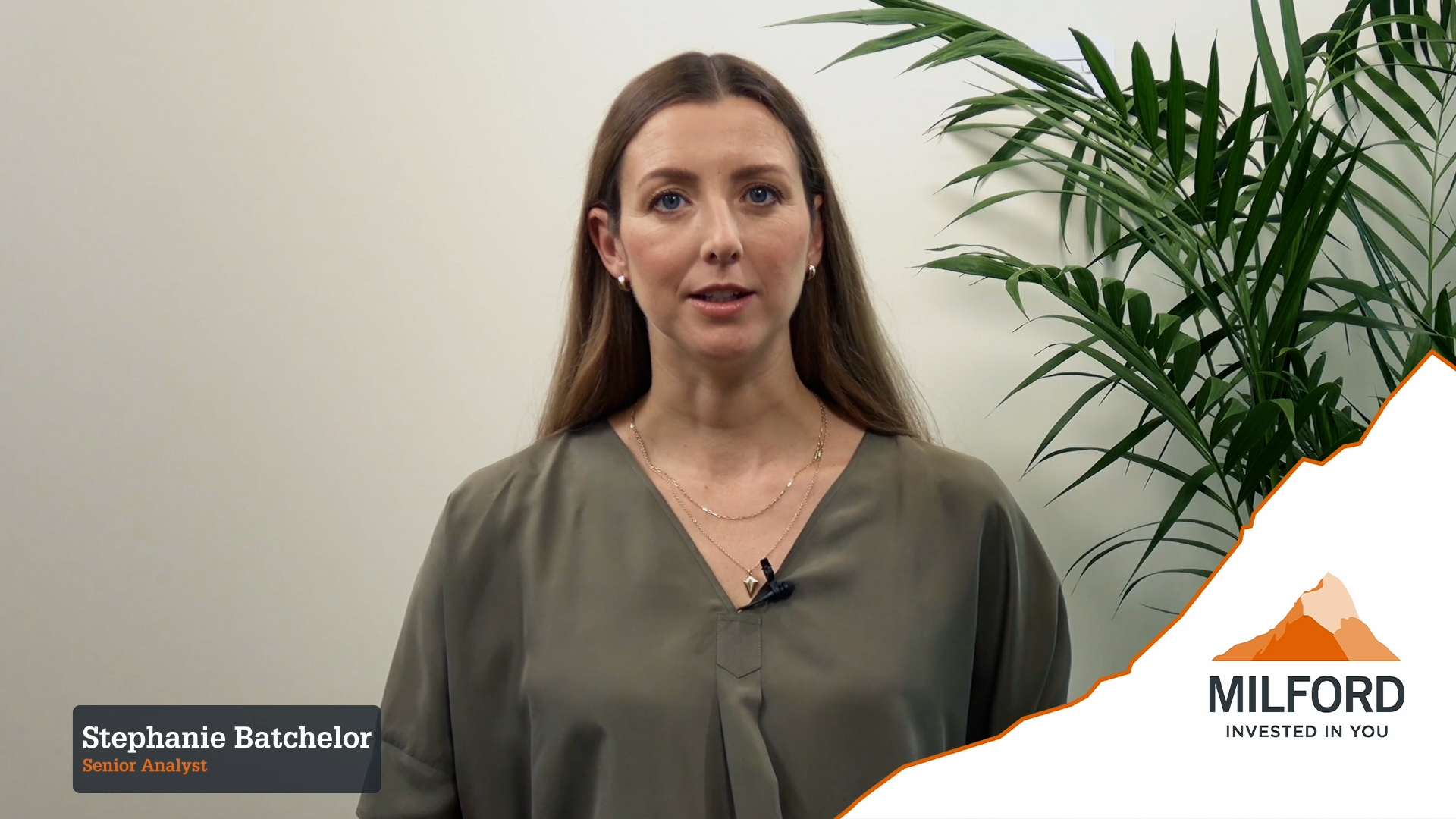This article was originally printed in the Sunday Star Times.
Here we go again. New Zealanders are masked up, hunkering down in our bubbles and wondering what lies ahead.
The duration of this latest lockdown is uncertain, given the unpredictability of the highly infectious Delta variant.
But nearly 18 months on from the onset of the Covid-19 pandemic, we’ve learned a lot – not least about the resilience of the New Zealand economy and of global financial markets, and about the importance of looking through the short-term economic and social upheavals that come with hard lockdowns.
And we can take lessons from observing the experience of other countries too, especially that of Australia.
Duration is a critically important issue, linked to how quickly health authorities have located the apex case and ultimate source of the Delta outbreak we’re grappling with.
Which then leads us to the market and economic implications, some of which we can reasonably speculate on given the deep – and sometimes painful – lessons learned over the past 15 months.
To date, markets have been reasonably willing to ‘look through’ what’s happening. On balance, there are a number of reasons for us to stay confident.
Shareholder value was significantly impacted last year when the balance sheets of some locally listed companies weren’t prepared for a pandemic.
This was seen with the challenges faced by the likes of Kathmandu and Auckland Airport in raising new equity, at the peak of uncertainty – remember what the last week of March 2020 felt like? – and at heavily discounted prices.
Sixteen months on, we can see that company balance sheets are in a lot better place and are well prepared.
Government stimulus, cheap and readily available debt financing and a strong sharemarket have enabled businesses to better prepare themselves.
We have an effective vaccine, a development that seemed impossibly distant when the pandemic began, and at the time of writing around 23% of New Zealand’s population are fully vaccinated already.
The bigger picture is that, post-lockdowns, the New Zealand economy has bounced back strongly. That’s kept employment up – though it’s sparked inflationary fears too.
The Reserve Bank will be raising interest rates sooner rather than later – last week’s decision to hold things was a pause, not an abandonment, as Governor Orr has made crystal clear. Higher interest rates for householders and other borrowers will be another important aspect of the post-Covid economy.
And given that parts of the economy were already at full capacity before the lockdown, an extended lockdown might exacerbate supply chains and other pressures.
What does this situation mean for investors? Firstly, it’s always important to remain clear on your investment goals, investment time horizon and risk attitude.
In terms of investing in companies, in this environment, it is more important than ever to examine the fundamentals of an opportunity before making an investment decision, and to consider potential risks as well as expected rewards.
High-quality companies, especially those producing items that are not easily substituted, are always a good bet. In an inflationary environment, a company’s ability to maintain pricing power and protect earnings becomes even more valuable.
The NZX50 is heavily weighted towards lower growth, but dividend-paying, companies in sectors such as utilities (twenty percent), telecommunications (nine percent) and real estate (ten percent): the companies and sectors providing the best opportunities in a more inflationary environment may well be found elsewhere.
On balance, the decision to lock down hard and early is the right one. If we stay the course, keep focused on boosting those vaccination numbers, remember the market and economic lessons of the past year and a half, and keep some investment fundamentals in sight, then confidence is warranted that New Zealand will stay on a pretty solid economic course – one that compares favourably with so much of the rest of the world.


